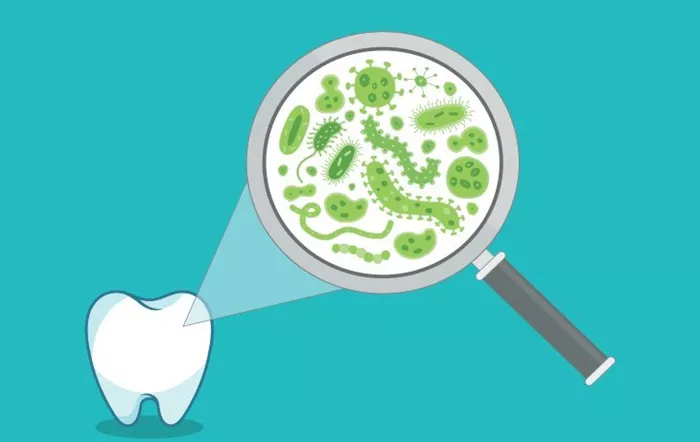New research from New York University suggests that the variety of bacteria in your mouth may be connected to depression. The mouth hosts between 500 billion and 1 trillion bacteria, making it the second-largest community of microbes in the human body after the gut.
Scientists analyzed data from over 15,000 adults collected by the Centers for Disease Control and Prevention. They compared saliva samples to depression symptoms reported in questionnaires. The study found that people with less diverse oral bacteria were more likely to show signs of depression.
Experts believe this link could be due to inflammation or immune system changes caused by oral bacteria. However, depression itself might also lead to changes in the mouth’s bacteria through factors like poor diet, smoking, drinking, and medication use. These habits can reduce the variety of microbes in the mouth.
The study highlights that antidepressants and other medications can affect saliva production and oral health, which may also influence bacterial diversity.
Researchers stress the need for more studies to understand whether changes in mouth bacteria cause depression or vice versa.
This new understanding could help develop better ways to diagnose and treat depression by studying the bacteria in the mouth.
Related topics:
- Psilocybin Eases Depression in Cancer Patients, Study Finds
- Study Finds Ambitious Women Struggle More With Depression Than Men
- New Brain Therapy Offers Hope for Veterans’ PTSD and Depression


